Fathers don’t always know best.
Oh, don’t get me wrong: Fathers are often great! Having a dad at home can make a tremendously positive difference in kids’ lives and prepare them for success when they become adults.
But dads don’t always get it right.
We’ve compiled Father’s Day lists before, and those lists often feature inspirational, praiseworthy pops. Last year, Bob Hoose wrote about “Seven Great Dads from the Movies”. In 2021, Emily Tsiao pointed to three movies released that year that featured some outstanding fathers (or father figures). I even got into the act with “Five Films for Father’s Day (For Every Taste)”. And if you’re searching for an encouraging look at some fantastic dads, those lists offer some terrific examples.
But listen, fatherhood is hard. And as I said, we dads don’t always get it right. Sometimes we struggle to know what to do to help our kids. Sometimes we fail. And, let’s be honest, sometimes we need our own children’s help to put us on a better track.
So here’s a look at those kinds of dads—dads that may not be perfect but are part of some great movies that might even teach us some lessons along the way.
And, of course, remember the following caveat: Just as these films feature imperfect fathers, many of these films are far from perfect, too. Be sure to check out our full reviews, when they’re available, before watching these movies with your own family.
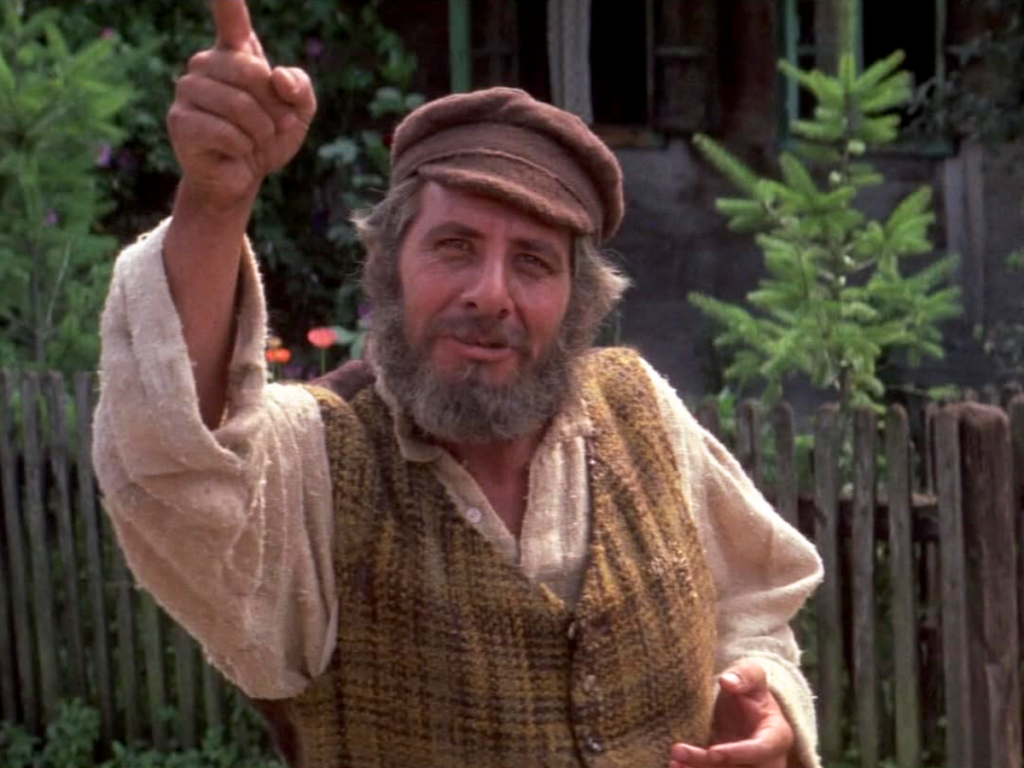
Fiddler On the Roof (G, 1971)
Tevye is not a rich man. He is, in fact, a Jewish milkman living in Tsarist Russia in the early 20th century, doing his best to raise and marry off his daughters to suitable gentlemen–and somehow do it without dowries. Alas, his daughters have their own opinions on whom to marry, which sometimes runs headlong into Tevye’s love of tradition.
Though rated G and filled with some pretty fantastic tunes, Fiddler on the Roof is deeper than you might expect from a beloved, old-timey musical. Tevye’s relationship with his daughters stands at its heart, and we see him struggle to do what’s right—by his daughters and by his own sense of heritage. And, for an old movie made about an older time, that makes Fiddler on the Roof surprisingly relevant. When your kids move away from what you believe, and they do things in adulthood that you don’t approve of, what do you do? How do you preserve your relationship while holding true to what you believe? It’s not an easy line to walk, and Tevye doesn’t do it perfectly. But I think many a dad might see a bit of themselves in him.
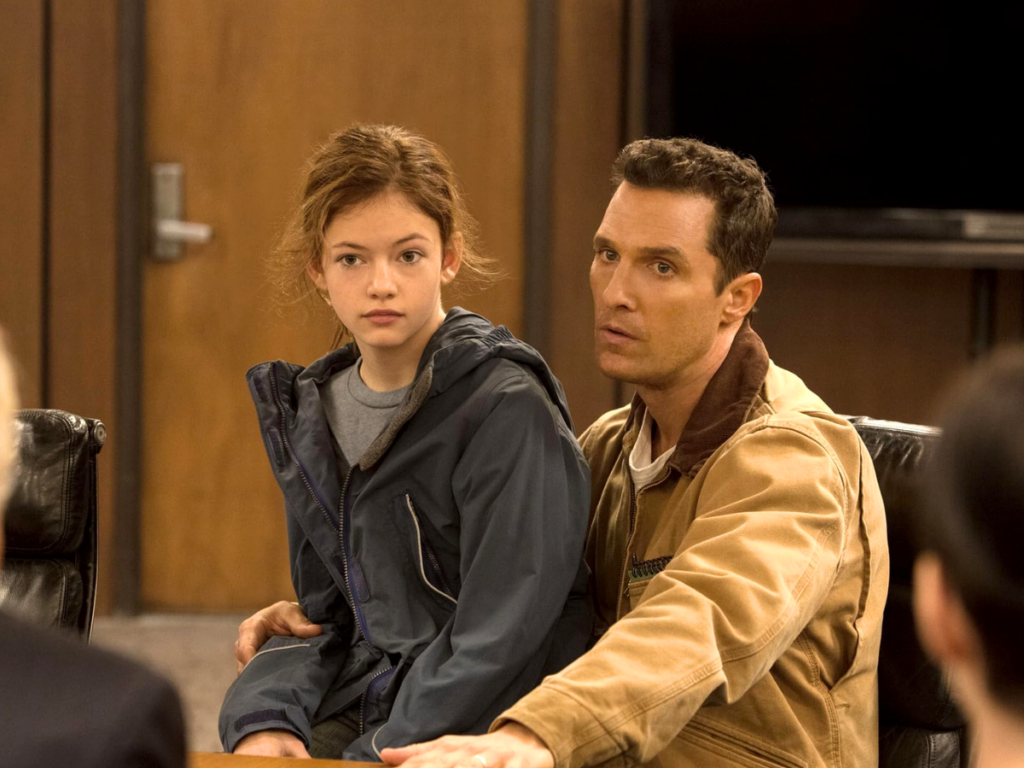
Interstellar (PG-13, 2014)
Society has way too many absentee dads. But in Interstellar, we see a different dynamic in play: A father who leaves his daughter to save her—and perhaps the world, too. Cooper (the dad) and Murph (the 10-year-old daughter) are living in a world on the brink of environmental collapse. The only hope humanity has is to find a new, more suitable planet to live on—and scientists believe a mysterious wormhole might lead them to one. Coop’s the best man to fly a ship through that wormhole, but that means leaving Murph. And even if all goes well, he won’t be back for decades.
Christopher Nolan’s Interstellar has plenty of PG-13 problems, and you’ll read about them all in our review. But at its core lies the relationship between Coop and Murph—a relationship torn apart by countless miles and too many years. Coop decided to accept the mission because he loved his daughter—not to get away from her. And while Murph understands the decision, it hurts all the same. I won’t spoil anything in this twist-filled movie. But the end just might be sweeter, and sadder, than you think.
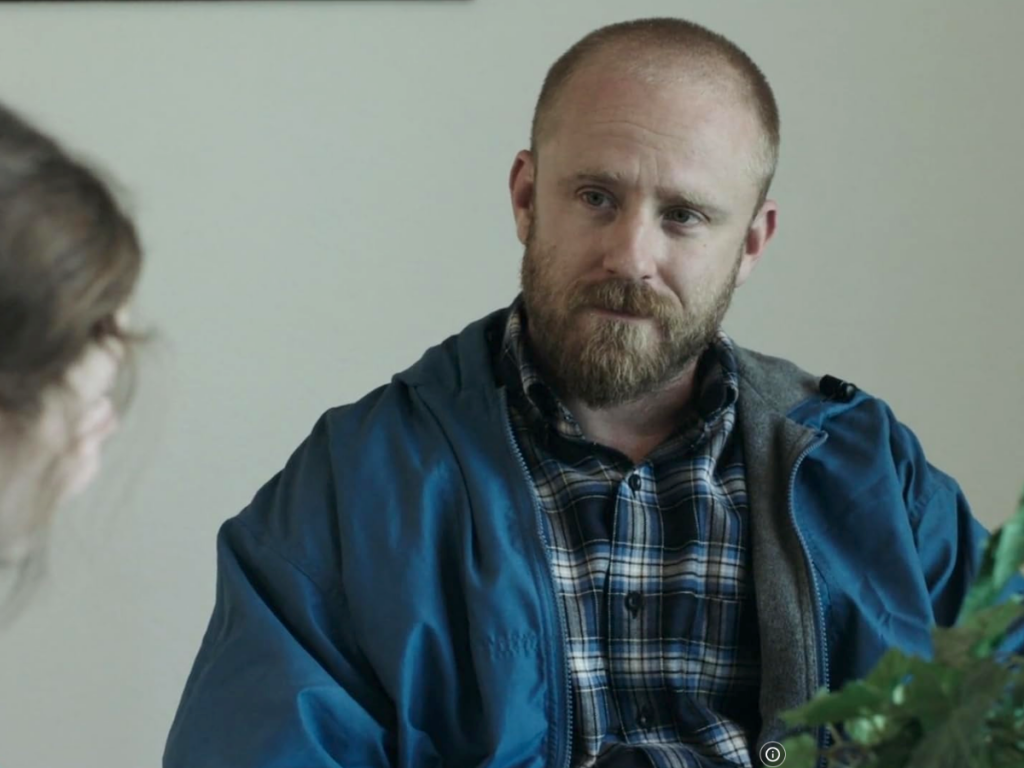
Leave No Trace (PG, 2018)
If Interstellar chronicles a father leaving his daughter for the best of reasons, Leave No Trace is about a loving dad who won’t leave his daughter—and won’t let anyone else get near. Will is a deeply troubled vet who’s taken his teen girl, Tom, off the grid. They live in the wilderness near Portland, Oregon, eating mushrooms, collecting rainwater and hiding from everyone. And that has suited Tom just fine for the most part: it’s the only life she’s ever known. But when society comes crashing in and forces this tight-knit family to change, Tom feels the pull of that outside world. She longs to talk with other people. And she begins to realize that her dad’s not quite all right.
Leave No Trace is a quiet masterpiece—one that I think should’ve been nominated for an Oscar or five. And in Will, it introduces us to a guy who, in some ways, is a tremendous father. He clearly loves his daughter. He teaches her everything he knows, and he knows plenty. And he’s willing to sacrifice a lot to make her happy. But when Tom needs more than Will can give, what’s a dad to do? Even though Leave No Trace is almost devoid of content, this complex, bittersweet story is probably not great for younger kids.
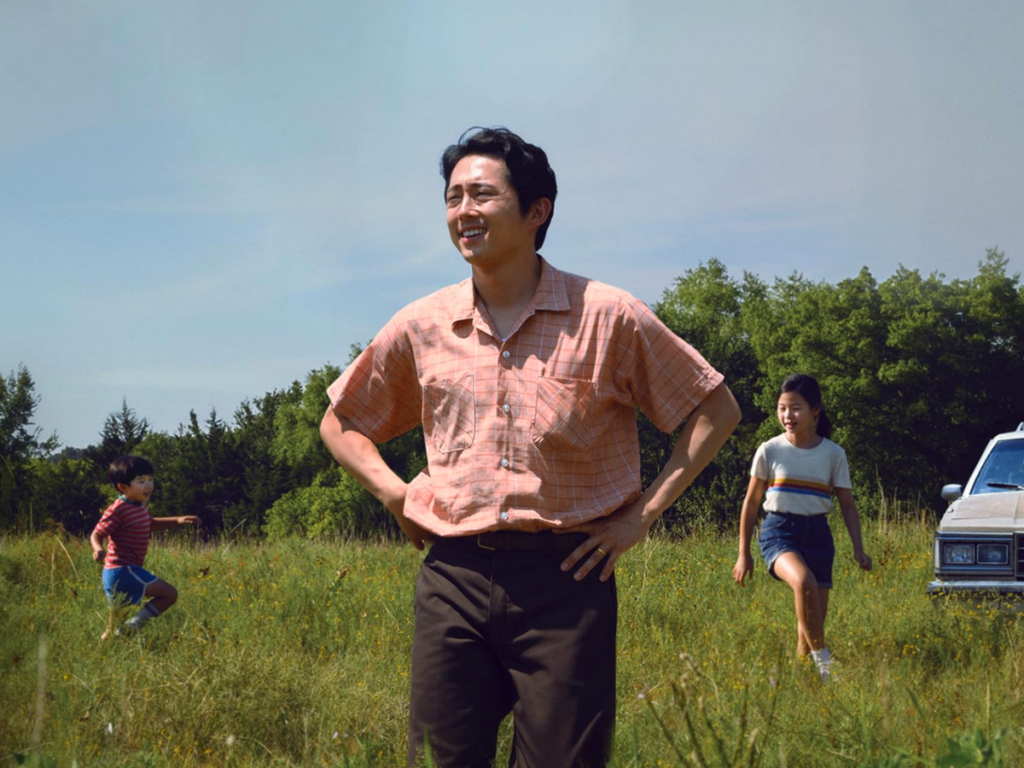
Minari (PG-13, 2021)
What father wouldn’t want a better life for his children? That’s what drew Jacob to Arkansas in the first place. Sure, this immigrant family had what they needed in California—a thriving Korean community, plenty of friends and, most especially, doctors to take care of his 5-year-old son’s weak heart. But Jacob wants his kids to have more. He wants them to have roots—deep roots in Arkansas’ rich soil. But he’s taking a mighty big chance, and he’s asking his family to make the ride, and take the risks, with him.
Minari has plenty of PG-13 content to be aware of. But it’s also, in some ways, a fable centered on the American dream (and one filled with Christian elements, too). Jacob’s looking for his own version of that dream, a dream that many a father has harbored since the days of the Mayflower. But dreams are scary, and realizing them can be hard—perhaps even impossible. In Jacob, we see the weight of familial leadership pulling at him. But, without giving too much away, Jacob realizes that, while he can dream all he wants, he’s holding another treasure in his hands already: his family.
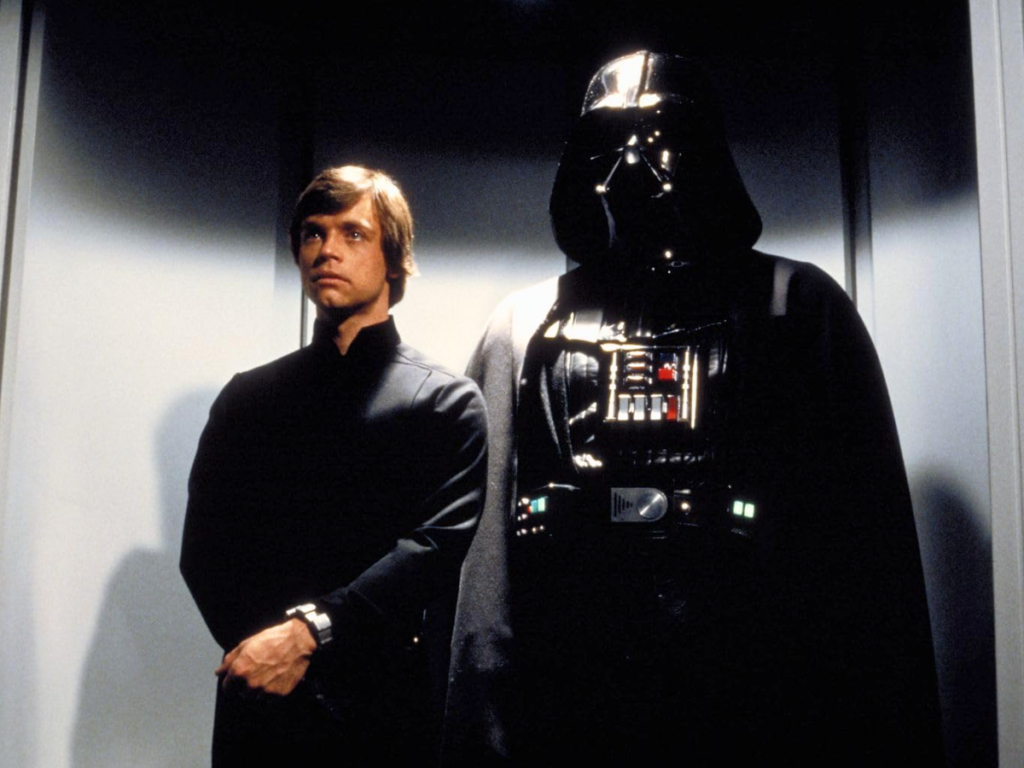
Star Wars: Episode VI—Return of the Jedi (PG, 1983)
“Luke, I am your father.” So said Darth Vader to Luke Skywalker in Star Wars: Episode V—The Empire Strikes Back. And with those five words, what a blow the Empire dealt. This sequel finds Luke as a more mature, powerful Jedi, ready to face his wayward father and force a change at the galactic top. But he’s not so sure that his dad is beyond redemption. “I sense the good in him,” he says. And if he can, Luke hopes to not defeat his father, but redeem him.
Return of the Jedi capped Star Wars’ original trilogy, and it took a mighty big risk as it did so. By that time, Darth Vader had become perhaps pop culture’s most notorious villain. Why take such a powerful, marketable force (pardon the pun) and add depth and complexity to the character? But that’s exactly what George Lucas did. And in so doing, it gave us one of entertainment’s most memorable, and most strained, father-son relationships—one where the son, not the father, must ultimately do the leading. It’s a good reminder that, as much as we try to teach our kids everything we know, there might come a time when they can teach us, too.
No, the fathers on this list aren’t perfect. They don’t always do the right thing. And at least in our last case, they can be, well, kind of jerks. But the bond between father and child is no joke. And even when those bonds are strained, there’s still often room for reconciliation. Redemption. Hope.
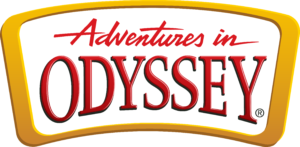







One Response
Here’s another good movie about an imperfect father: “Logan”.